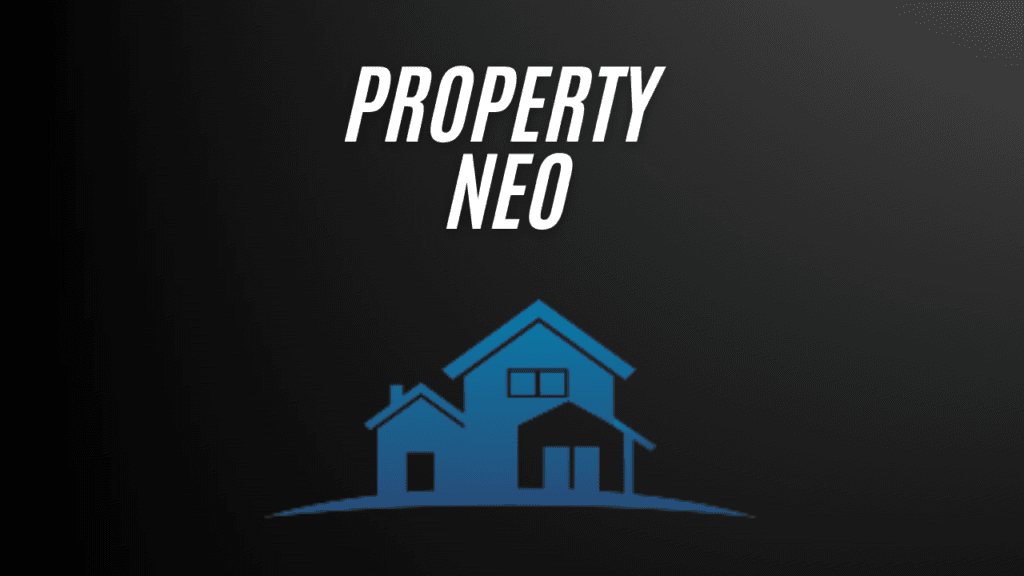Table of Contents
Refinancing a Mortgage: Essential Tips to Maximize Savings
Refinancing a mortgage is a powerful strategy for homeowners seeking financial benefits through lower interest rates, improved terms, or a more suitable loan product. By refinancing wisely, homeowners can significantly reduce costs over the life of their loan. This guide provides essential tips to help you navigate the refinancing process effectively and achieve your financial goals.
Understanding Mortgage Refinancing
Mortgage refinancing involves replacing your current mortgage with a new one, ideally with better terms. This can mean securing a lower interest rate, adjusting the loan term, switching from an adjustable-rate mortgage (ARM) to a fixed-rate, or using a cash-out refinance to access your home equity.
When to Consider Refinancing
Consider refinancing your mortgage when:
- Interest rates drop significantly below your current rate
- Your credit score has improved since your original mortgage
- You want to switch from an ARM to a fixed-rate mortgage
- You need to access home equity for large expenses, like renovations or debt consolidation
Essential Tips for Mortgage Refinancing
- Assess Your Financial Goals
Define your objectives. Are you aiming to reduce monthly payments, pay off the loan faster, or consolidate debt? Knowing your goals helps you choose the right refinancing option that aligns with your financial plans. - Calculate the Break-Even Point
The break-even point is when your savings from refinancing offset the costs involved. Calculate how long it will take to recover the refinancing costs, like closing fees and appraisals. If you plan to stay in the home beyond this point, refinancing can be a smart decision. - Shop Around for the Best Rates
Interest rates vary by lender, so it’s essential to shop around. Request quotes from multiple lenders, compare offers, and pay attention to the Annual Percentage Rate (APR), which includes additional fees for a full picture of the loan’s cost. - Consider Loan Terms Carefully
Beyond lower rates, consider the loan term. A shorter term, like a 15-year mortgage, might have higher monthly payments but save you more in interest over time. Extending your term can lower monthly payments, though it may increase overall interest. - Boost Your Credit Score
A higher credit score often means better loan terms. Before applying, work on improving your credit by paying down debt, correcting report errors, and ensuring timely payments. A strong credit score can lower your interest rate and total loan costs. - Evaluate Different Refinance Options
Refinancing offers several options, each with its own advantages:- Rate-and-Term Refinance: Reduces the interest rate or adjusts the loan term.
- Cash-Out Refinance: Taps into home equity to access cash for other needs.
- Streamline Refinance: A simplified process for government-backed loans like FHA or VA loans, with less documentation required.
- Account for Closing Costs
Refinancing involves closing costs, typically 2% to 5% of the loan amount. These can include application, appraisal, and title fees. Decide whether to pay these upfront or consider a no-closing-cost refinance, which adds these fees to the loan balance or rate. - Lock in Your Interest Rate
Since rates fluctuate, lock in a favorable rate when you find one. A rate lock guarantees the rate for a set period, protecting you from increases before closing. - Review Your Current Loan Terms
Be aware of any prepayment penalties on your current mortgage, as they could affect the cost of refinancing. Ensure refinancing aligns with your strategy, even if penalties apply. - Consult a Financial Advisor
Refinancing is a major decision. Consulting a financial advisor can provide valuable insights, helping you assess future savings and ensure refinancing supports your financial goals.
Potential Pitfalls to Avoid
- Focusing Solely on Interest Rates
While a lower rate is appealing, don’t let it be your only focus. Consider the overall loan cost, including fees and loan term, to ensure a financially sound choice. - Overlooking Loan Fees
High closing costs can negate the benefits of refinancing, especially if you don’t plan to stay in the home long enough to reach the break-even point. - Extending the Loan Term Unnecessarily
Extending the term can lower monthly payments but increase total interest. Weigh short-term relief against long-term costs.
Conclusion
Refinancing a mortgage can unlock significant savings and improve financial health. By clarifying your goals, evaluating costs, and carefully assessing options, you can make an informed refinancing decision that maximizes benefits. With these tips and a proactive approach, refinancing can be an important step toward achieving financial stability and future security.
Additional Reading
Check out more of our blog posts and the Money Viper podcast.


